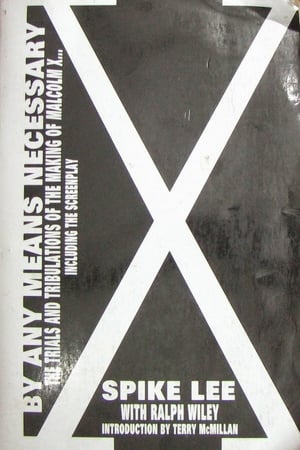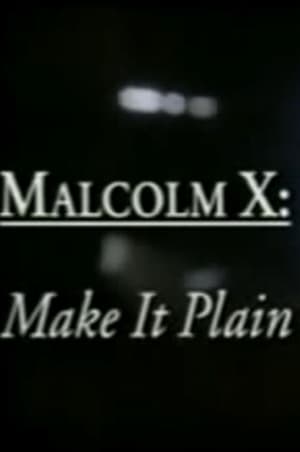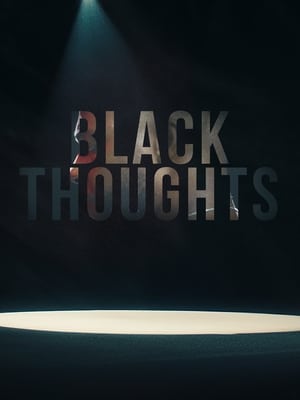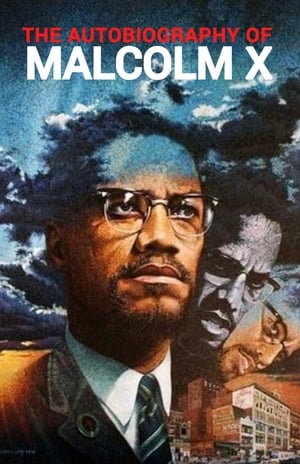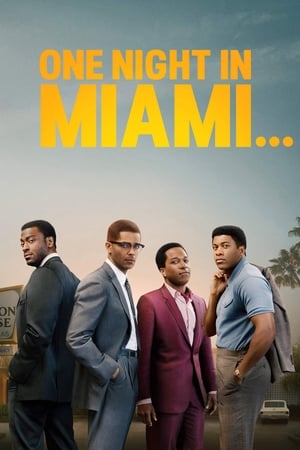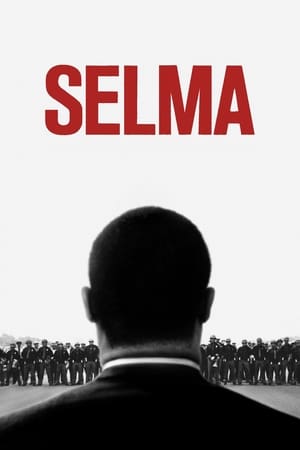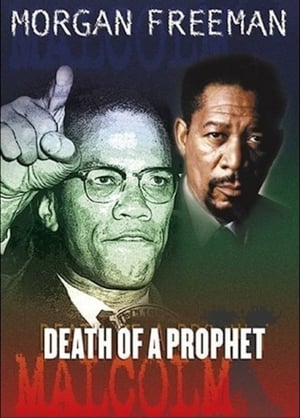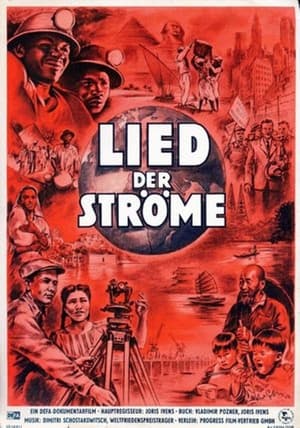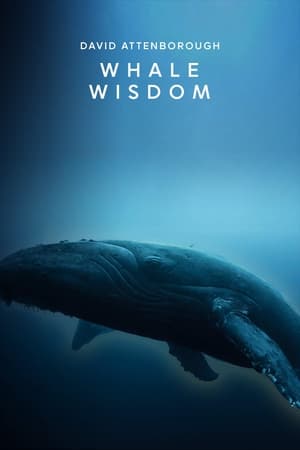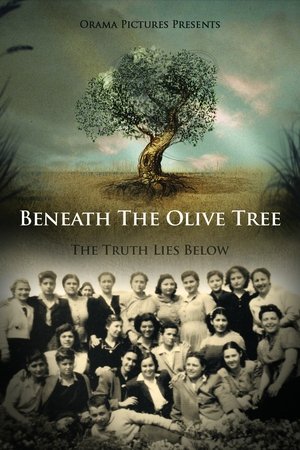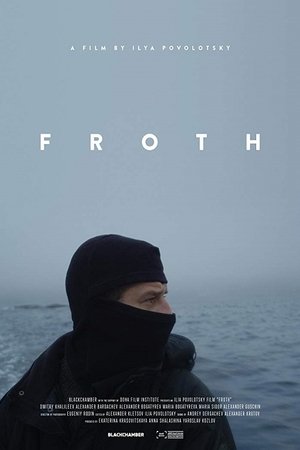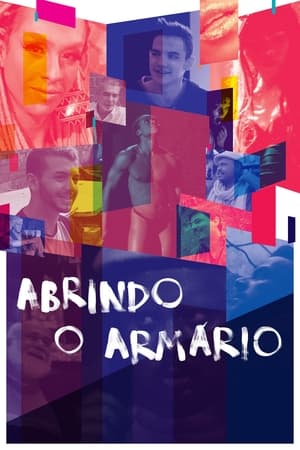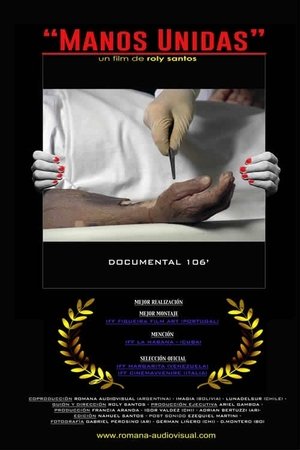Overview
James Earl Jones narrates this fascinating and moving documentary about the life of the assassinated black leader through various sources.
Reviews
Regardless of your views on the sheer zealousness of this documentary, it does provide a fascinating, archive backed, insight into the power of oratory. Europeans had already experienced this kind of preaching to those without hope, or certainly with a perception that they have little left to lose, but to witness such a well documented and sustained attack on the state of not just American society, but the broader non-Muslim one across the globe is a thought-provoking thing. The legitimacy of some of the assertions made here would challenge even the most enthusiastic of his supporters but there can be no doubt about the power of his charisma and personality as he convinced many that his was the only way to achieve societal parity. It follows his career from his Harlem days (when he was hardly a paragon) through to his galvanising days of protest and thence to his days as a devout Islamist all the while proving the effectiveness of his powerful snowball effect against intransigence and hostility. It is not in any way a balanced history of the man, but nor is it entirely adulatory and it does leave some of his impassioned behaviour open to sometimes less than favourable interpretation. The archive research is formidable, and it is impressive that so much of his private movements, comments and activities were not only captured on film, but preserved to present to the world in an unadulterated fashion. It’s a potent depiction of an angry and volatile man that is well worth an hour and an half.

 91 min
91 min
 6.643
6.643
 1972
1972
 USA
USA
 CinemaSerf wrote:
CinemaSerf wrote: